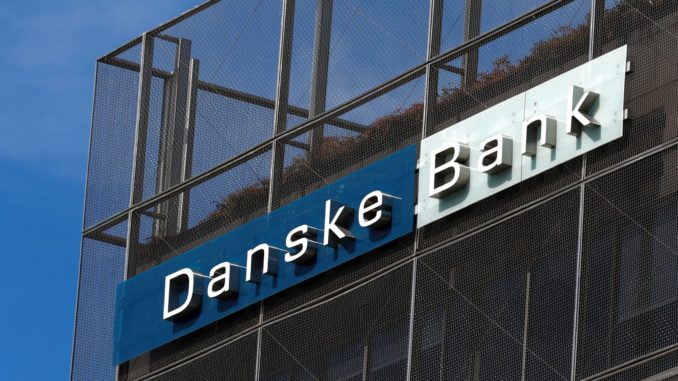
Estonia ordered Danske Bank to close its local branch within months on Tuesday, as Estonian and Danish regulators faced an EU inquiry into their efforts to prevent one of the largest-ever money laundering scandals.
The Baltic state has taken centre stage since Danske Bank’s Estonian branch was found to have helped funnel some 200 billion euros ($226 billion) in suspicious payments from Russia, ex-Soviet states and elsewhere
Estonia’s financial regulator took the unexpected step of demanding Danske Bank close its local branch and repay customers’ deposits within eight months, overturning the bank’s plans to scale back but maintain some business in the country.
Danske had said last year that it hoped to serve subsidiaries of its Nordic customers in the Baltic states, which includes Estonia, as well as global companies with Nordic links.
Kilvar Kessler, the head of Estonia’s banking regulator Finantsinspektsioon, said that Danske Bank could be hit with a fine of up to 10 percent of its turnover if it did not comply with the ruling.
“We have every right to put an end, once and for all, to this … as … large-scale violations of the local rules have been committed … and this has dealt a serious blow to the … reputation of the Estonian financial market,” Kessler said.
The Estonian regulator was “the only institution in Estonia or Denmark to react to the activities of Danske Bank”, Kessler said, reflecting rising tensions with Denmark over who is to blame for the scandal.
Kessler told journalists on Tuesday that the Danish regulator had handled Danske with “silk gloves”.
Danske Bank and the Danish Financial Authority had no immediate comment.
The ultimatum was made public as Danish and Estonian regulators found on Tuesday they are being investigated by the European Union’s own banking watchdog over a possible breach of EU law relating to the money-laundering at Danske Bank
BY CNBC NEWS
